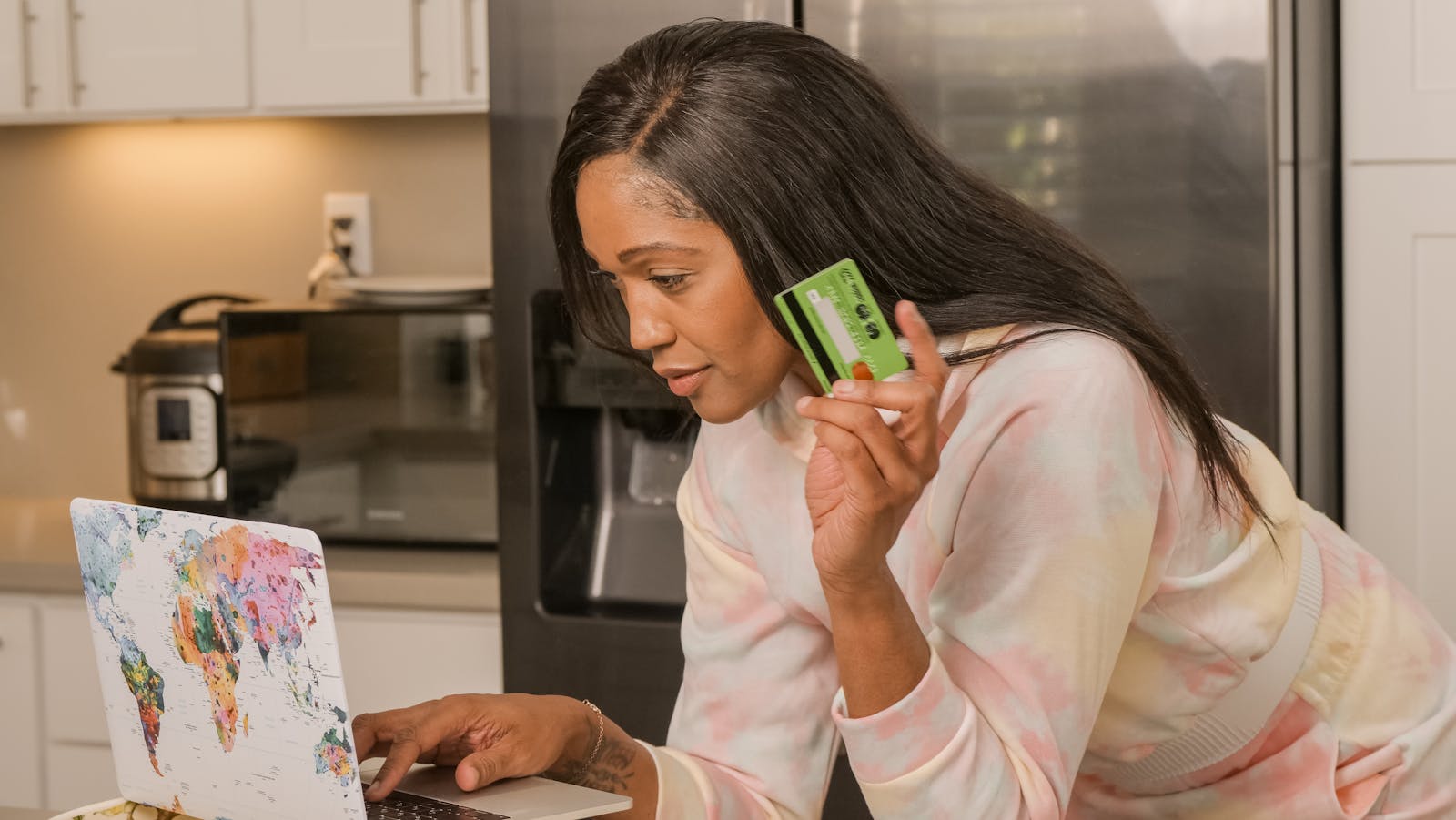When Shopping Becomes a Coping Mechanism
Many have joked about “going to the mall for credit card therapy,” but psychologists recognize a deeper truth behind this behavior. Spending sprees, particularly among women, often function as an unconscious method of emotional compensation. This mechanism, part of the ego’s defense system, provides temporary pleasure but fails to resolve underlying issues. The compulsive act of buying can temporarily ease anxiety or frustration triggered by strained relationships, professional setbacks, financial stress, or unfulfilled dreams.
Compensation and the Ego
Compensation is a classic defense mechanism. When the ego faces conflict, it may prompt behaviors focused solely on immediate satisfaction. Women, whose psychological structures often link self-esteem and appearance, are particularly prone to this behavior. They may seek reassurance through purchases, acquiring beauty products or luxury items as a surrogate for unmet emotional or sexual needs. In relationships where sexual fulfillment is low, shopping can become a stand-in for intimacy, a way to momentarily fill the gap.
Male Spending Patterns
Though men are less frequently involved in compulsive shopping—roughly one in ten compulsive buyers is male—their coping strategies manifest differently. Men tend to plan purchases around electronics, cars, or high-ticket items. Emotional setbacks are often addressed through social activities, alcohol, gambling, or paid sexual encounters. Early adulthood, around age 21, often marks the point where financial independence exposes young men to these patterns.
The Role of Media and Early Financial Education
Mass media significantly shapes modern consumer behavior, influencing families and especially children. Exposure to advertisements and flexible payment options encourages impulsive decisions. Parental guidance is crucial: setting limits, modeling responsible financial habits, and introducing allowances or savings accounts can instill a sense of monetary value from an early age. Teaching children to manage money helps prevent the replication of compulsive spending behaviors.
Brazilian Spending Habits
Compulsive spending is widespread in Brazil across social classes. Interestingly, financial struggles often lead people to spend even more, attempting to counterbalance debt or stress. Unlike countries with histories of scarcity or war, such as parts of Europe, the U.S., or Japan, Brazil lacks a cultural imperative for saving. Imported brands dominate consumer desire, reinforcing immediate gratification over prudent financial planning.
Practical Strategies to Avoid Debt
To counteract compulsive spending, experts suggest several measures:
- Limit or avoid credit card use, which can foster illusions of wealth.
- Have a trusted person monitor your finances and flag unnecessary expenditures.
- Question every purchase: is it essential or an emotional impulse?
- Keep only a small amount of cash on hand to prevent impulsive buying.
- Minimize installment purchases and avoid accumulating multiple debts.
- Use distractions when tempted to spend, such as calling friends, watching a film, or engaging in hobbies.
- For women, one specific tip is to consciously limit shopping frequency to reduce emotional spending impulses.
The link between emotional health and spending patterns is undeniable. Recognizing triggers—whether relationship dissatisfaction, career stress, or social pressures—is the first step toward self-regulation. Awareness and proactive measures can transform financial habits from a source of anxiety into an avenue for empowerment. With thoughtful planning and conscious restraint, individuals can reclaim control over both their emotions and their wallets, fostering healthier personal and financial relationships.




